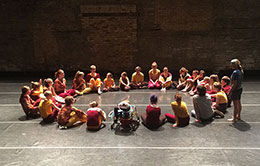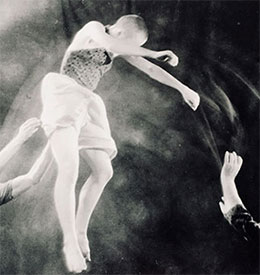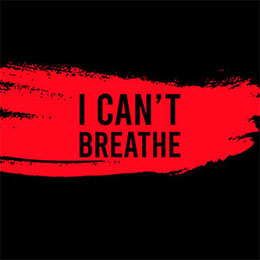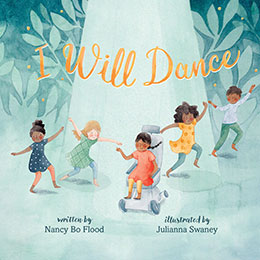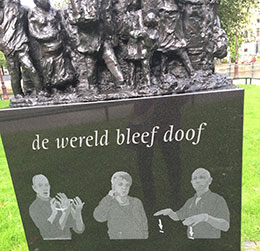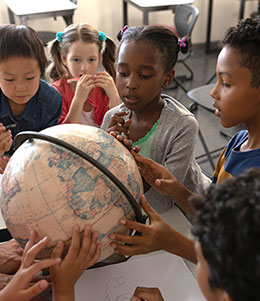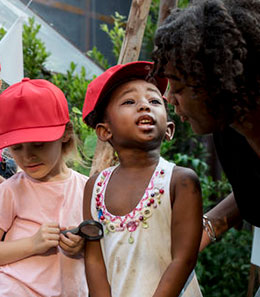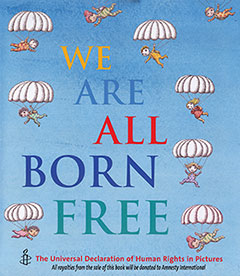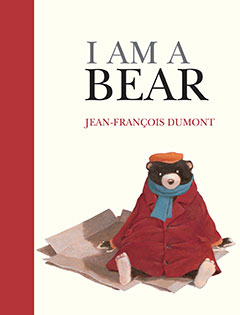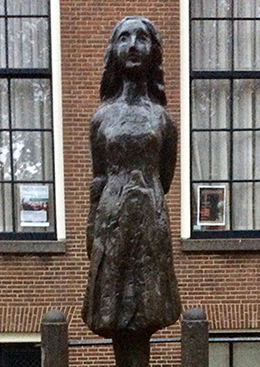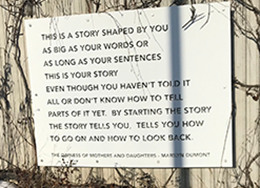Beyond Boundaries · Essays and Tidbits From Nancy Bo Flood
How do dancers dance in isolation? Or perform? What about new choreography? I interviewed several dancers from Young Dance, a Minnesota-based dance company, a unique dance company. Dancers audition. Dancers…
Read MoreThis weekend, I’ll be presenting at the RM-SCBWI Fall Conference September 12 & 13 https://bit.ly/3bgEkKq I invite you to join us for my virtual pre-recorded workshop session from 11 am…
Read MoreDancing celebrates life. Sharing life. Friendships. Trust.
Read MoreI Will Dance celebrates the joy of dancing, the importance of belonging, and the determination of Eva, a child who could barely move but dreamed of dancing … not imagine, not pretend, and not alone.
Read MoreNEVER AGAIN—the cry of survivors of the Holocaust NEVER AGAIN—continues to echo across Holland, Belgium, France, Germany, and on and on Last fall when I first began biking from Belgium…
Read More“Education is the most powerful weapon which you can use to change the world.” Nelson Mandela Yes, education is power. All children have the right to go to school. All…
Read MoreLast week I introduced The Universal Declaration of Human Rights. This astounding document lists thirty basic rights promised to children everywhere. Today lets look more closely at several of these…
Read MoreOn December 17th, I introduced to my readers the visionary document, The Universal Declaration of Human Rights. I asked, “What if during this holiday time of gifts and family, food…
Read MoreAn homage to storytelling in Thunder Bay, Ontario, quoting from “The Dimness of Mothers and Daughters,” by Marilyn Dumont. From the plaque (because it may be hard to read): “This…
Read More